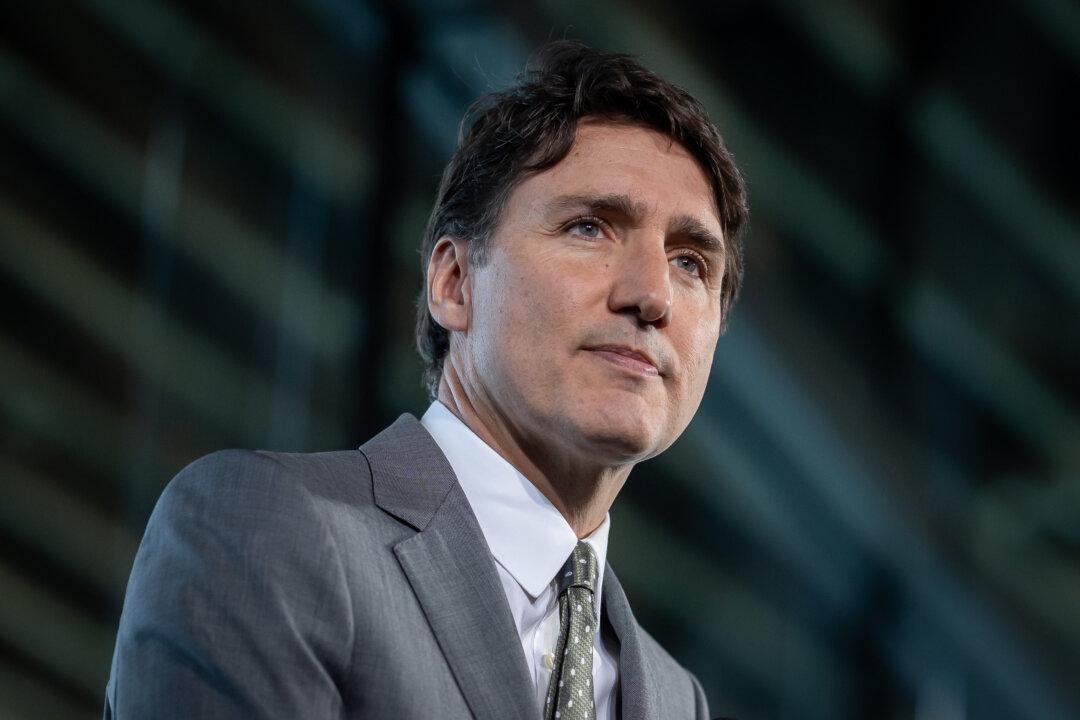Prime Minister Justin Trudeau has announced Canadians will receive a two-month break from the federal sales tax (GST) on certain items, and most workers will receive a $250 cheque from the government this spring.
“The tax break over the next two months is going to help on the costs of everything as we approach the holidays, as we get into the new year,” Trudeau said at a Nov. 21 press conference. “These are things that recognize that people are squeezed, and we’re there to help.”





